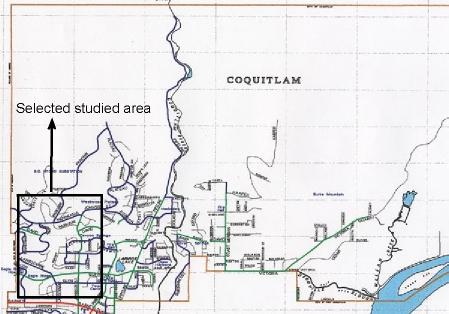The garbage is among the hardest thing to face in our
daily life.
While most of the time, taking out the garbage on time
seems to be difficult enough for us civilians,
however, the timely and proper management of the waste
continues to challenge the civil officers and like-minded people.
With, average north-american producing approximately 1.6
kg of garbage per day,
the phenomenal volume of garbage being generated daily
is indeed an overwhelming reality.
For the waste management company, however, not only managing
but also picking up the garbage speedily
has become another frightening priority. The delayed
pickup of garbage often results in unpleasant sight and ordour,
not to mention its vunerability to the wild-life such
as the birds, coyotes and cats.
As is the often case in our neighborhood, if the garbage
taken out doe not get picked up in early hours,
it quickly attracts a hoard of birds as well as other
animals and oftentimes results in littering the streets
and sidewalks of many neighbors. It is very apparent
that many wild animals have already learned to scavenge
the garbage as the source of food repository.
After the careful studiy of the garbage zoning map in
the cityhall and the corresponding planning map,
I have learned that the large part of garbage pickup
zoning map added onto the existing map as the Town Centre
area began to develop. Consequently, some part of garbage
pickup route in the Town Centre area
has been somewhat ill-planned. With the improvement in
garbage pickup time no where in sight,
I have decided to take the matter into my own hand. Thus,
when everything was considered, optimizing
the garbage pickup route presented itself to be worthy
opponent for my GIS project.
In this project, I have attempted to optimize the garbage
pickup route around the Town Centre area of Coquitlam.
Let's recycle!!

The bottom rectangular area is the evaluated area
